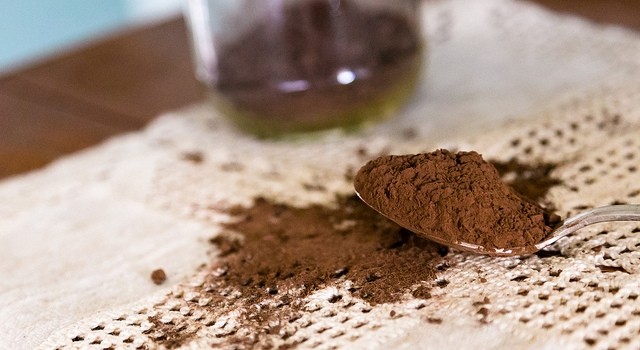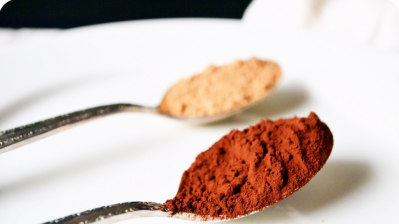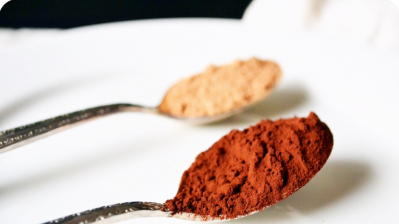Oligomers in cocoa may prevent obesity and reduce diabetes risk – mice study

The study by Neilson et al. published in the Journal of Agricultural and Food Chemistry found that mice fed a high fat diet supplemented with a cocoa extract or cocoa fractions (monomers, oligomers or polymers) gained less weight and had greater insulin resistance than a high fat diet control group.
“Oligomeric procyanidins appear to possess the greatest antiobesity and antidiabetic bioactivities of the flavanols in cocoa, particularly at the low doses employed for the present study,” found the researchers.
Sensationalist headlines
Neilson told ConfectioneryNews that almost all national press reports had sensationalised the findings and were too hasty to draw a link with dark chocolate, giving the public the irresponsible idea that they can load up on chocolate.
“The important thing to note is that we studied cocoa. We have no data to indicate what the effect of chocolate would be, since the sugar and fat and added calories pose a real problem in terms of obesity and diabetes.”
He emphasized that the research showed that compounds in cocoa may be effective for preventing weight gain and reducing diabetes risk rather than treating obesity and diabetes.
“We are not trying to show that people should go out and eat more chocolate. We think that cocoa in other forms (nibs, low calorie cocoa products) would be the best way to get these compounds while minimizing added sugar, fat, and calories.”
Method
For the 12 week trial, 54 male mice were split into six groups – a low fat diet only, a high fat diet only or high fat diets with either a cocoa extract or fractions of monomers, oligomers or polymers.
Groups supplemented with the cocoa extract or cocoa fractions were given doses of 25 mg/kg body weight per day. This equates to around 2.03 mg/kg of cocoa flavanols for humans.
Based on our calculations, this would represent 154 mg of cocoa flavanols for a 76 kg human per day.
Apples and oranges
According to the US Department of Agriculture (USDA), there is a mean of 24.2 mg of catechins and 84.4 mg of epicatechin in a 100 g dark chocolate bar, while milk chocolate has just 4.16 mg of catechins and of 10.88 epicatechin per 100 g.
Neilson said that it would be a stretch to extend the research to claim that dark chocolate could exert the same effects as cocoa until more research was done, particularly in humans.
“A few servings would indeed have a good amount of the compounds we identified as being potent, but our results don't specifically address that. So, dark chocolate is a good source of these compounds but comparing the nutritional effects of cocoa and chocolate is like comparing apples and oranges. Similar but totally different.”
Study findings
The mice were weighed weekly throughout the study and the researchers also conducted glucose and inulin tolerance tests to determine the effect on type-2 diabetes.
The researchers found that the mice fed a high fat diet and supplemented with cocoa oligomers gained a statistically similar amount of weight to the non-supplemented low fat diet group and far less than the high fat diet control group.
The oligomer-rich fraction was also the most effective in glucose tolerance and insulin resistance, which suggested possible type-2 diabetes.
Source:
J. Agric. Food Chem., 2014, 62 (10), pp 2216–2227
DOI: 10.1021/jf500333y
‘Oligomeric Cocoa Procyanidins Possess Enhanced Bioactivity Compared to Monomeric and Polymeric Cocoa Procyanidins for Preventing the Development of Obesity, Insulin Resistance, and Impaired Glucose Tolerance during High-Fat Feeding’
Authors: Neilson et al.















